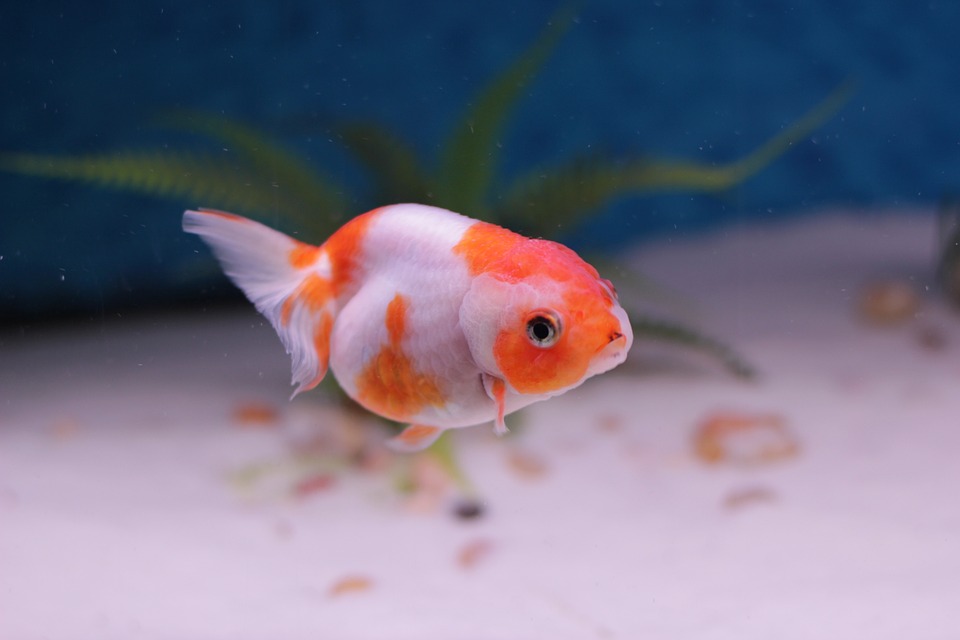Fish behavior is an essential aspect of maintaining a healthy and thriving aquarium. As responsible fish keepers, it is our duty to understand the factors that influence fish behavior and implement stress reduction techniques that positively impact their responses. In this article, we will discuss the importance of understanding fish behavior and explore effective tank stress reduction techniques.
Understanding Fish Behavior:
Understanding fish behavior is crucial for several reasons. Firstly, it allows us to ensure the overall well-being and happiness of our aquatic companions. By understanding their natural behaviors, we can create an environment that mimics their natural habitat, promoting their physical and mental health. Additionally, understanding fish behavior helps us identify signs of stress or illness, allowing us to provide timely intervention and treatment.
Factors Influencing Fish Behavior:
Several factors influence fish behavior, including water quality, tank size and layout, lighting and temperature, social interactions, and feeding patterns. Maintaining optimal water conditions, providing sufficient hiding places and visual cover, mimicking natural lighting and temperature, creating a suitable social environment, and implementing a consistent feeding routine are all crucial for promoting positive fish behavior.
Signs of Fish Stress:
Stress in fish can manifest through various behavioral changes, such as increased aggression, hiding, or abnormal swimming patterns. Physical symptoms, including loss of appetite, weight loss, or abnormal coloration, can also indicate stress. Additionally, aggressive or anti-social behavior towards tank mates may be a sign of stress.
Tank Stress Reduction Techniques:
To reduce stress in aquarium fish, it is essential to implement various techniques. Maintaining optimal water conditions by regularly testing water parameters and conducting necessary water changes is crucial. Providing sufficient hiding places, such as live or artificial plants, rocks, or caves, allows fish to retreat and feel secure. Mimicking natural lighting and temperature cycles by using timers and appropriate lighting fixtures promotes a more natural environment. Creating a suitable social environment by keeping compatible fish species together and avoiding overstocking helps minimize stress. Lastly, implementing a consistent feeding routine and avoiding overfeeding are essential for reducing stress and promoting healthy fish behavior.
Impact of Stress Reduction Techniques on Fish Responses:
Implementing stress reduction techniques has several positive effects on fish responses. Fish in a stress-free environment exhibit increased activity levels and explore their surroundings more freely. They also display enhanced coloration, indicating good health and well-being. Furthermore, reducing stress minimizes aggression and stress-related diseases, leading to a harmonious and thriving aquarium ecosystem.
FAQs:
1. How often should water parameters be tested to ensure optimal conditions for fish?
Water parameters should be tested regularly, ideally once a week, to ensure optimal conditions for fish. However, it is recommended to test more frequently during the initial setup of the aquarium or if any issues arise.
2. Can fish become stressed if there is not enough visual cover in the tank?
Yes, fish can become stressed if there is not enough visual cover in the tank. Having hiding places, such as plants or decorations, allows fish to retreat and feel secure, reducing stress levels.
3. Should lighting be left on 24/7, or should there be a day-night cycle?
Fish require a day-night cycle to mimic their natural environment. It is recommended to have a lighting schedule that provides around 8-12 hours of light and 12-16 hours of darkness.
4. Is it necessary to keep fish of the same species together in a tank?
Keeping fish of the same species together is not always necessary. However, it is crucial to ensure that fish are compatible in terms of size, temperament, and water parameter requirements to avoid aggression and stress.
5. Can overfeeding fish lead to stress and health issues?
Yes, overfeeding fish can lead to stress and health issues. Overfeeding can cause poor water quality, obesity, digestive problems, and stress-related diseases. It is essential to feed fish in moderation and follow a consistent feeding routine.
Conclusion:
Understanding fish behavior is vital for maintaining a healthy and thriving aquarium. By implementing effective tank stress reduction techniques, fish keepers can create an environment that promotes optimal fish responses, reduces stress, and enhances the overall health and well-being of their aquatic companions. Regular monitoring of fish behavior and making necessary adjustments will ensure a harmonious and stress-free aquarium environment.









